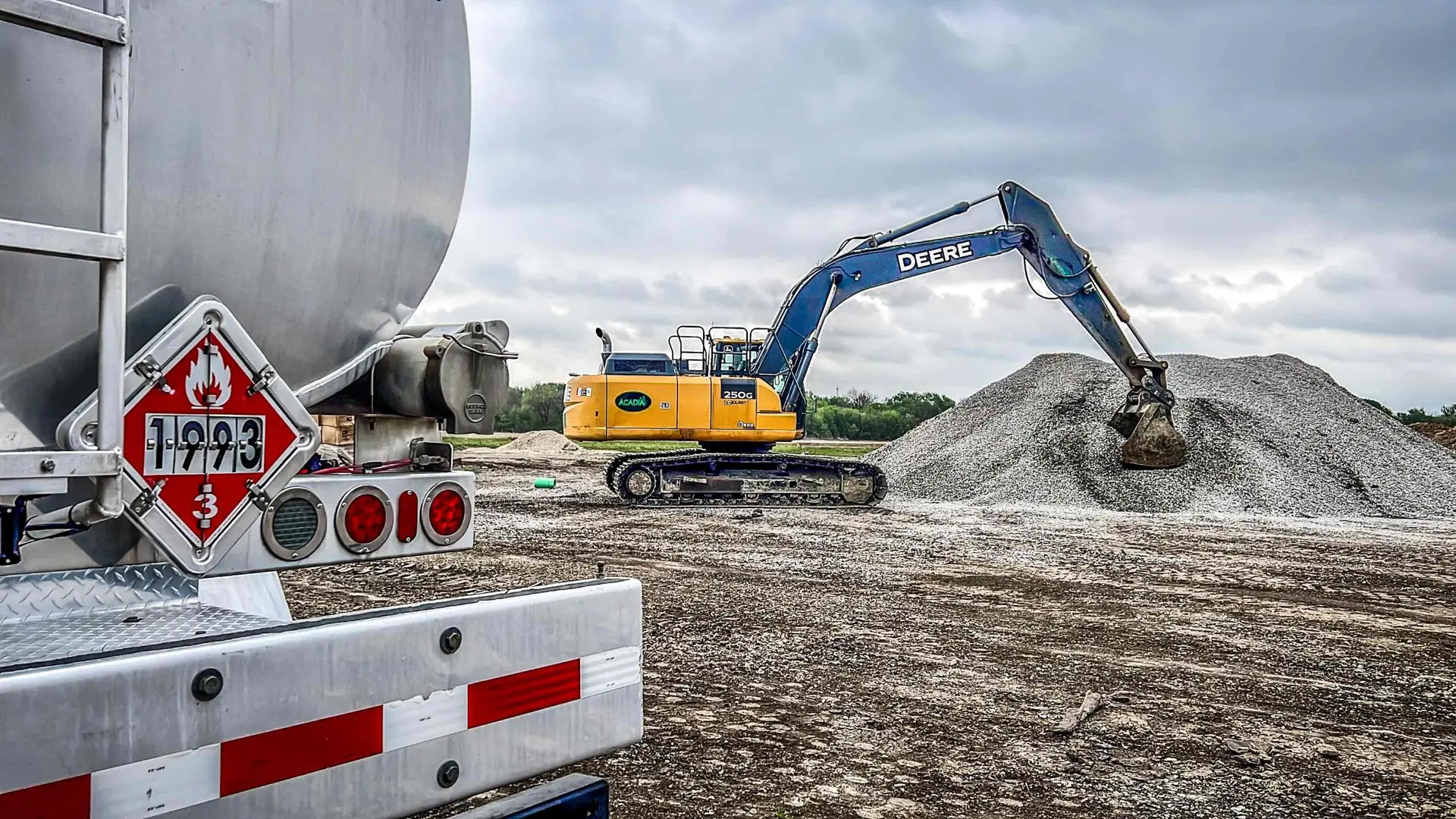Red dyed diesel, often referred to as off-road diesel, is legally permitted only for specific applications. These include agricultural machinery, construction equipment, generators, forklifts, and heating systems. In many states, it is also authorized for use in marine vessels and trains that do not operate on public roads.
Because red diesel is exempt from the federal excise tax applied to highway fuels, using it in on-road vehicles is a federal offense. Enforcement agencies frequently conduct roadside inspections and fuel tests to ensure compliance. The legality of red dyed diesel depends entirely on its use case, not its chemical composition.
For businesses operating heavy off-road equipment, red dyed diesel offers significant cost savings due to its untaxed status. However, maintaining proper documentation is crucial to demonstrate compliance. Understanding the lawful uses of off-road diesel can help businesses avoid regulatory issues and financial penalties.




